The announcement Thursday evening that Susie Wiles would serve as Donald Trump’s White House chief of staff prompted two equally strong reactions that boiled down to “Who?” and “Of course.”
The people who have covered Trump’s inner circle for the past nine years are not surprised in the least that Trump picked the 67-year-old operative for this most-important position. But many people have no idea who Wiles is, much less how or why she has managed to establish herself at the very pinnacle of Trump’s ladder of advisers. Michael Kruse, who profiled Wiles earlier this year, brought into the sunlight the secretive and self-effacing Wiles and explained for readers what makes her so singularly effective in a role that has broken other seasoned politicos.
We asked Kruse about the forces that have shaped Wiles over her long political career and created her reputation for organizational efficiency, as well as her keen and quietly ruthless political instincts.
What do you think Susie does that Trump’s previous chiefs of staff haven’t?
She doesn’t seek or attract attention.
She has a hand and a say in just about everything he does and every decision that’s made. I talked to more than 100 people for the profile I wrote earlier this year, and there’s some disagreement about how exactly she does that. But there’s no debate whatsoever about her constitutional allergy to the limelight.
Since Donald Trump became the dominant figure in American politics, nobody has been this important and this close to him in this role for this long. Nobody. That she’s going to be his chief of staff is news in only the most technical sense — because in reality it’s simply a continuation of what she’s been to him for the last four years. And in 2016 and 2020, too, she helmed his Florida operation. The fact that last night after the announcement I saw some chatter on (what used to be known as) Twitter suggesting plenty of people who apparently follow politics didn’t know much about her or had never even heard of her — well, it’s one heck of a testament to this key piece of her skill set.
Did anything jump out to you about how she was identified in the press release announcing her appointment?
Put it this way: In my Wiles files, in the various sets of differently classified clips, or articles about her or that just mention her going back to the late 1950s, in different chapters of her life she’s been referred to or has referred to herself as Susan Summerall, Susie Summerall, Susan Wiles and Susie Wiles. She was married to, and is divorced from, Lanny Wiles, a Republican operative and advance man. In Florida, at least in political circles, and increasingly over the last handful of years in and around Washington, too, she’s just Susie — no last name really necessary. Almost never, though, has she been called what she was called in Thursday’s news release — Susan Summerall Wiles. I read it as a statement or even a kind of reclamation of identity. I read it as a nod to her dad — Pat Summerall, the famous former professional football player and sports announcer. I read it in some sense as a characteristically very subtle look at me now.
You wrote about her tempestuous family life growing up. What role do you think that played in making her so successful working behind the scenes?
Pat Summerall was a sports and sports media celebrity for decades, but he also was an alcoholic and a philanderer and at times an absent father. Too often lost or left out in the telling of her origin story, though, is her mother — in many ways an equally important influence and model. She watched her cope with what she saw as strength and grace — “the picture of calm through this tempest,” as Wiles told me. “Like every child,” she said, “you are a product, in some way, sometimes good, sometimes not, of how you were raised.” I talked to experts on children of alcoholics while working on the profile and heard in their descriptions of coping mechanisms what amounted to a kind of character sketch of Wiles. She learned she can’t control what she can’t control — but to control what she could when she could. She learned to manage around a person who often couldn’t be managed. She learned to cultivate and keep a semblance of order in situations marked by the lack thereof. She learned to make herself invaluable or invisible — depending on what she needed to be and when. She learned to be a reader of rooms and moods and needs.
She’s worked for some pretty moderate Republicans, but Trump is definitely not one of them. So what does she believe and does it factor into her work?
She started working in politics by working for Jack Kemp in Congress. She worked in Ronald Reagan’s White House. She worked for mayors of Jacksonville. She for a brief and difficult time managed Jon Huntsman’s presidential campaign. She helped Rick Scott become governor. She helped Ron DeSantis become governor. She’s in the past described herself as “a moderate on the political spectrum” but she talks as much about disposition as ideology. “I come from a very traditional background. In my early career things like manners mattered and there was an expected level of decorum,” she told me earlier this year. “And so I get it that the GOP of today is different. There are changes we must live with in order to get done the things we’re trying to do.” There’s certainly a way to see and study the evolution of the Republican Party over the last half-century through the lens of her long career. So what does she believe? She believes in working and working hard for the person she’s working for. She believes in being valuable to the principal.
What is her relationship with Trump like and how has it lasted as long as it has?
There’s a legitimate mutual respect. He listens to her. She brings to the rooms she’s in with him a certain equanimity. They’re in many ways very, very different, but they also recognize something in each other. She’s smart, she’s competitive, and she can be, in her own out-of-the-way, soft-spoken, “who, me?” manner, pretty cutthroat. There’s a yin-and-yang component to the two of them: Trump reads the stage directions — he’s all text and no subtext — and she’s essentially the utter opposite. I’m tempted to say he needs her and he knows it. Maybe more to the point, though, they need each other.
She’s clear-eyed about the terms of engagement. She doesn’t control him — nobody controls him — and she doesn’t try. But strategically, temperamentally, even psychologically, she can try to help him, advise him, guide him. And it doesn’t work all the time — she very clearly hasn’t made Trump someone or something he’s not — but it can and does work some of the time.
I’m thinking here about something she once told me about her mother: “She woke up an optimist every day, and she started every day like that, and it would fall apart or it wouldn’t …”
There are multiple definitions of the word I’m about to use and I think in her case they all apply.
Susie manages.
You used the word “cutthroat.” Can you talk a little more about how she wields power?
She’s not just a calming presence. She’s an experienced operator. And she’s no stranger to the dark arts. She’s a savvy source-builder in the intersecting worlds of politics and media and has been for years quite effective at shaping perceptions that help clients and hurt opponents. Ask DeSantis. He’s the latest, most known example, but he’s far from alone. The Florida governor got rid of her — a complicated tale that’s been told many times and places and remains murky — but the most salient point is that there are plenty of people in the business in Florida and beyond who think if she’d been working for DeSantis and not Trump the last couple years, the former rather than the latter might be getting ready to move to the White House. And who knows? They might not be wrong. She leaves nary a fingerprint but people who watch politics closely sense her influence in the defining story lines of many campaigns. “She’s one of those people that has the old rule,” the longtime Florida-based and anti-Trump operative Rick Wilson told me when I was reporting for the profile. “Fuck me? No. Fuck you.”
.png)


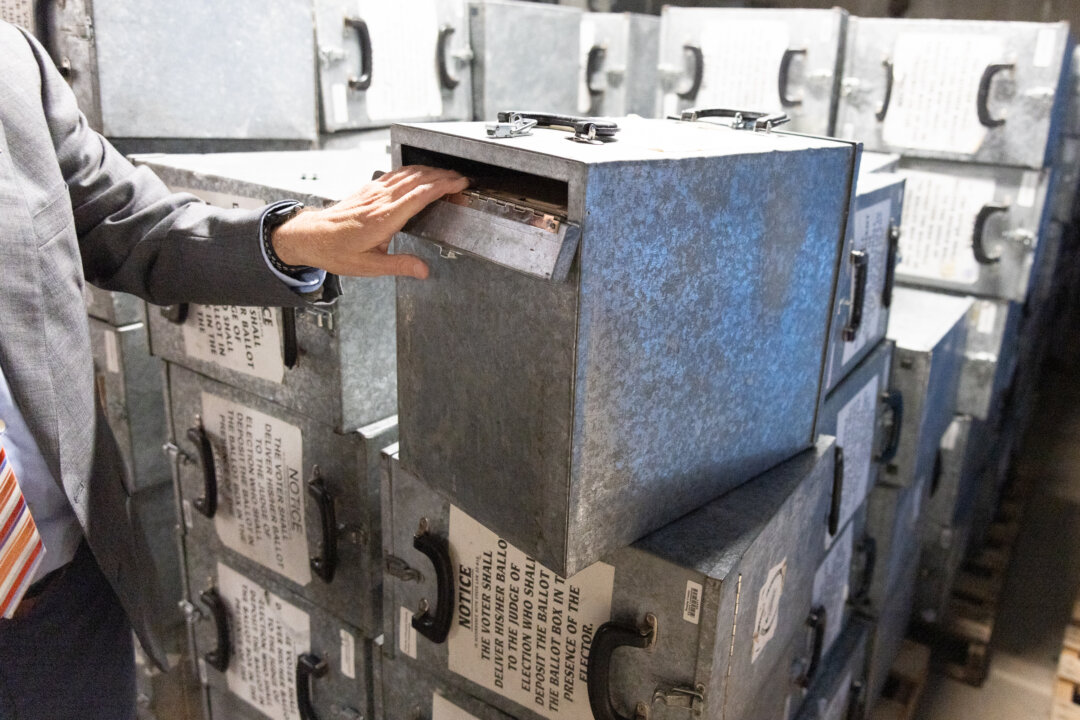
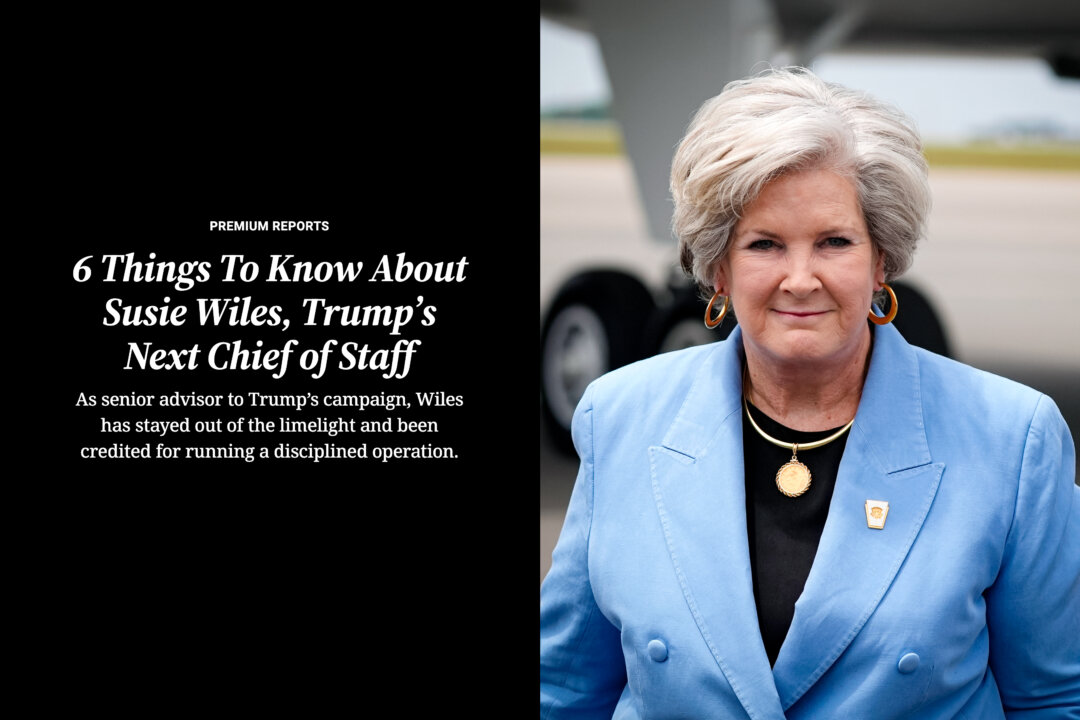



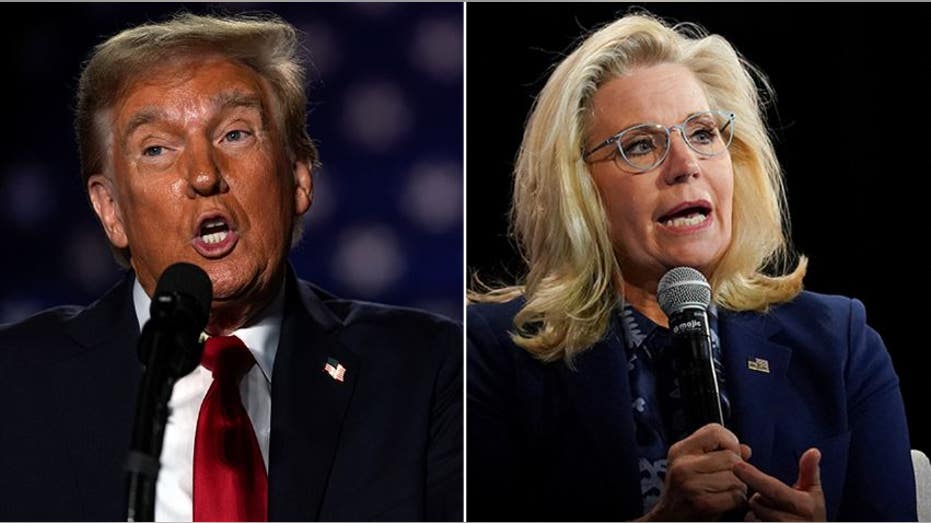



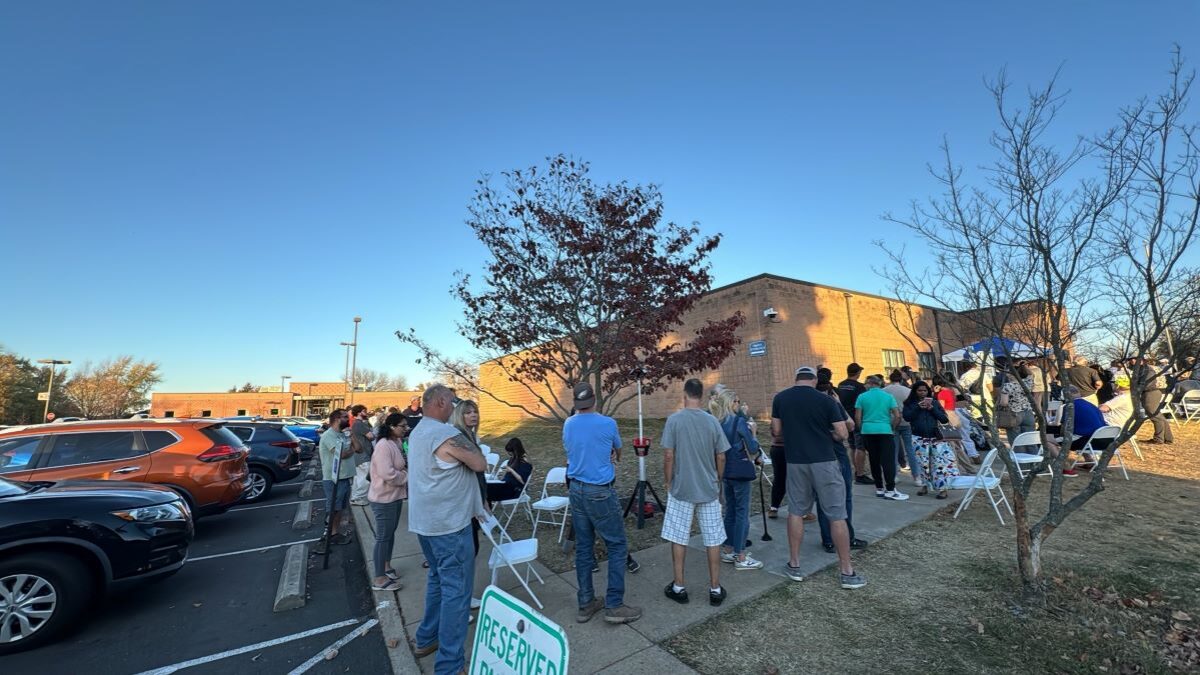
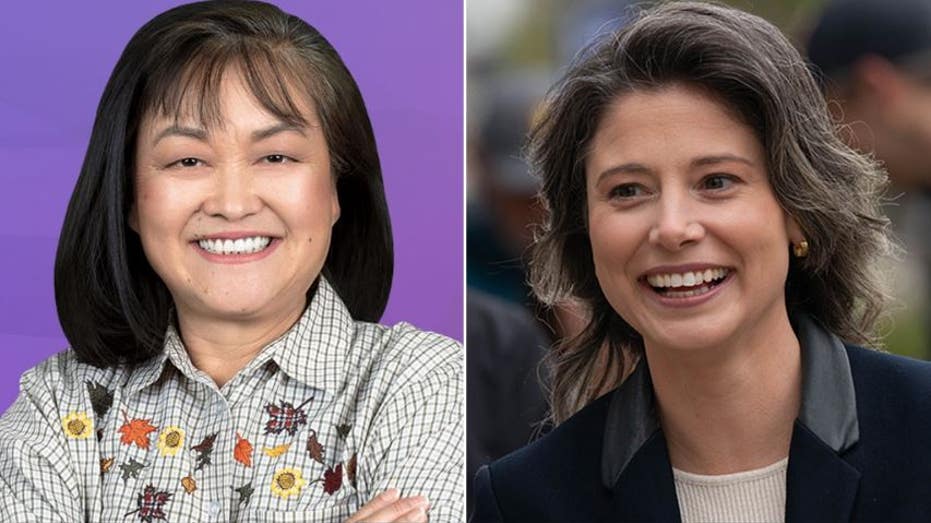
 English (US)
English (US)